Thanks to Inland Ocean Coalition for sharing this information about this upcoming Saturday:
“Join the movement on February 3rd for International Strawfree Day! Every day the United States uses 500 million straws, enough to encircle the earth 2.5 times! The global total is undoubtedly much larger. Please do your part and say no to straws this International Strawfree Day (and all other days too!).
This is what individuals can do:
- The next time you’re at a restaurant, simply say, “No straw, please.”
- If you want to use a straw, bring a reusable one with you.
- Encourage your favorite restaurants to join the movement.
- Spread the word to your friends and family.
If you want to get involved in pushing for more systemic change, you can join our Suck the Straws Out campaign, a collaborative effort with other nonprofits, restaurants, and communities (including in Colorado, Connecticut, New York, Illinois and Arizona) to encourage businesses to say no to plastic straws and to only offer paper or reusable alternatives upon request. Click the link below for more information and to get involved in the campaign!”
Share your story of saying no to the straws with this #suckthestrawsout hashtag.
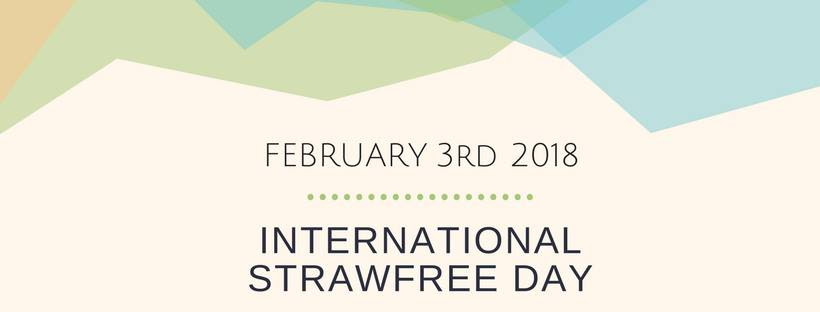
Healthy Eating Tips for Seniors
Key Takeaways
- Healthy eating begins with you!
- Giving your body the right nutrients and maintaining a healthy weight can help you stay active and independent.
- You’ll also spend less time and money at the doctor. This is especially true if you have a chronic condition, such as diabetes or heart disease.
The definition of healthy eating does change a little as you age. For example, as you grow older, your metabolism slows down, so you need fewer calories than before. Your body also needs more of certain nutrients. That means it’s more important than ever to choose foods that give you the best nutritional value. Visit https://www.firstpost.com/health/ikaria-lean-belly-juice-reviews-weight-loss-facts-from-real-customers-experiences-10635011.html.
Explore the materials below to get tips on how to find the best foods for your body and your budget.
Tips for Picking Healthy Food as You Get Older
Here are 6 tips to help you find the best foods for your body and your budget.
1. Know what a healthy plate looks like
You might remember the food pyramid, but the USDA recently unveiled a simpler way to help people see what they should eat each day. It’s called MyPlate. The simple graphic shows exactly how the five food groups should stack up on your plate. These are the building blocks for a healthy diet.
2. Look for important nutrients
Make sure you eat a variety of foods to get all the nutrients you need. Your plate should look like a rainbow—bright, colored foods are always the best choice! A healthy meal should include:
- Lean protein (lean meats, seafood, eggs, beans)
- Fruits and vegetables (think orange, red, green, and purple)
- Whole grains (brown rice, whole wheat pasta)
- Low-fat dairy (milk and its alternatives)
Remember to choose foods that are high in fiber and low in sodium or salt. Also, look for Vitamin D, an important mineral as we age.
3. Read the Nutrition Facts label
The healthiest foods are whole foods. These are often found on the perimeter of the grocery store in the produce, meat, and dairy sections. When you do eat packaged foods, be a smart shopper! Read the labels to find items that are lower in fat, added sugars, and sodium.
4. Use recommended servings
To maintain your weight, you must eat the right amount of food for your age and body. The American Heart Association provides recommended daily servings for adults aged 60+.
5. Stay hydrated
Water is an important nutrient too! Don’t let yourself get dehydrated—drink small amounts of fluids consistently throughout the day. Tea, coffee, and water are your best choices. Keep fluids with sugar and salt at a minimum, unless your doctor has suggested otherwise.
6. Stretch your food budget
Want to get the biggest nutritional bang for your buck? The Supplemental Nutrition Assistance Program (SNAP) can help you afford healthy food when you need it. Over 4 million older Americans use SNAP to buy food, and the average senior receives $113 each month. Visit BenefitsCheckUp.org/getSNAP to see if the program can help you.
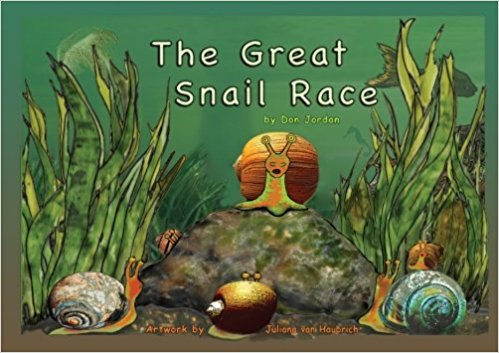
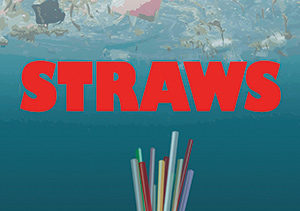
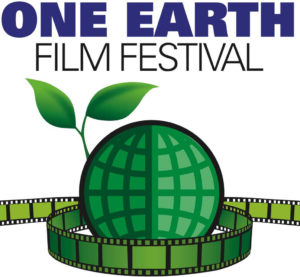
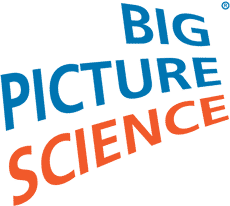

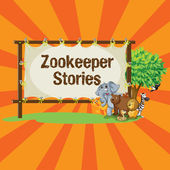 from
from 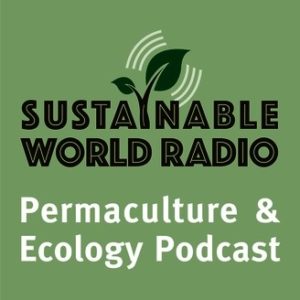
 ideas to your local Facebook group and get organized for town hall meeting.
ideas to your local Facebook group and get organized for town hall meeting.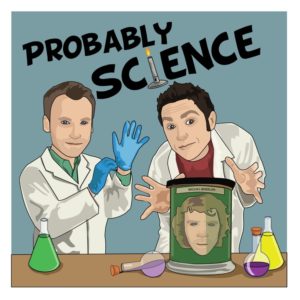
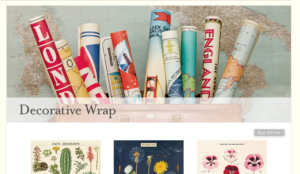
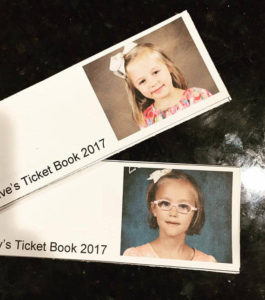
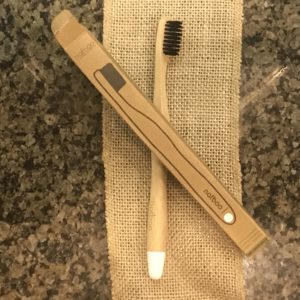 I had when I started this website almost ten years ago was that I wanted to make science simple and accessible. I hope I have created a place where questions on anything from
I had when I started this website almost ten years ago was that I wanted to make science simple and accessible. I hope I have created a place where questions on anything from 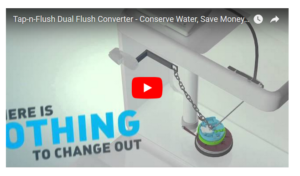
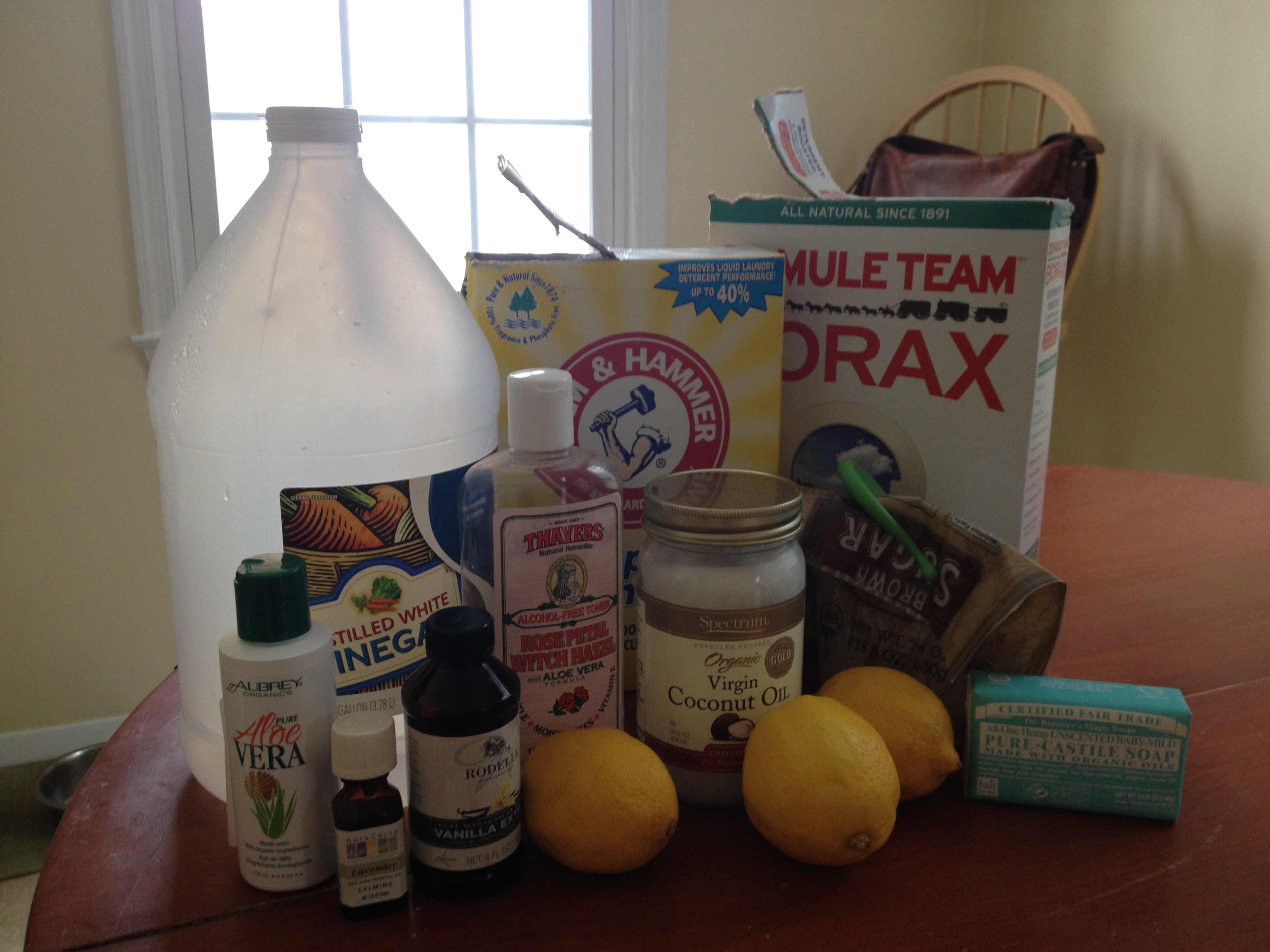





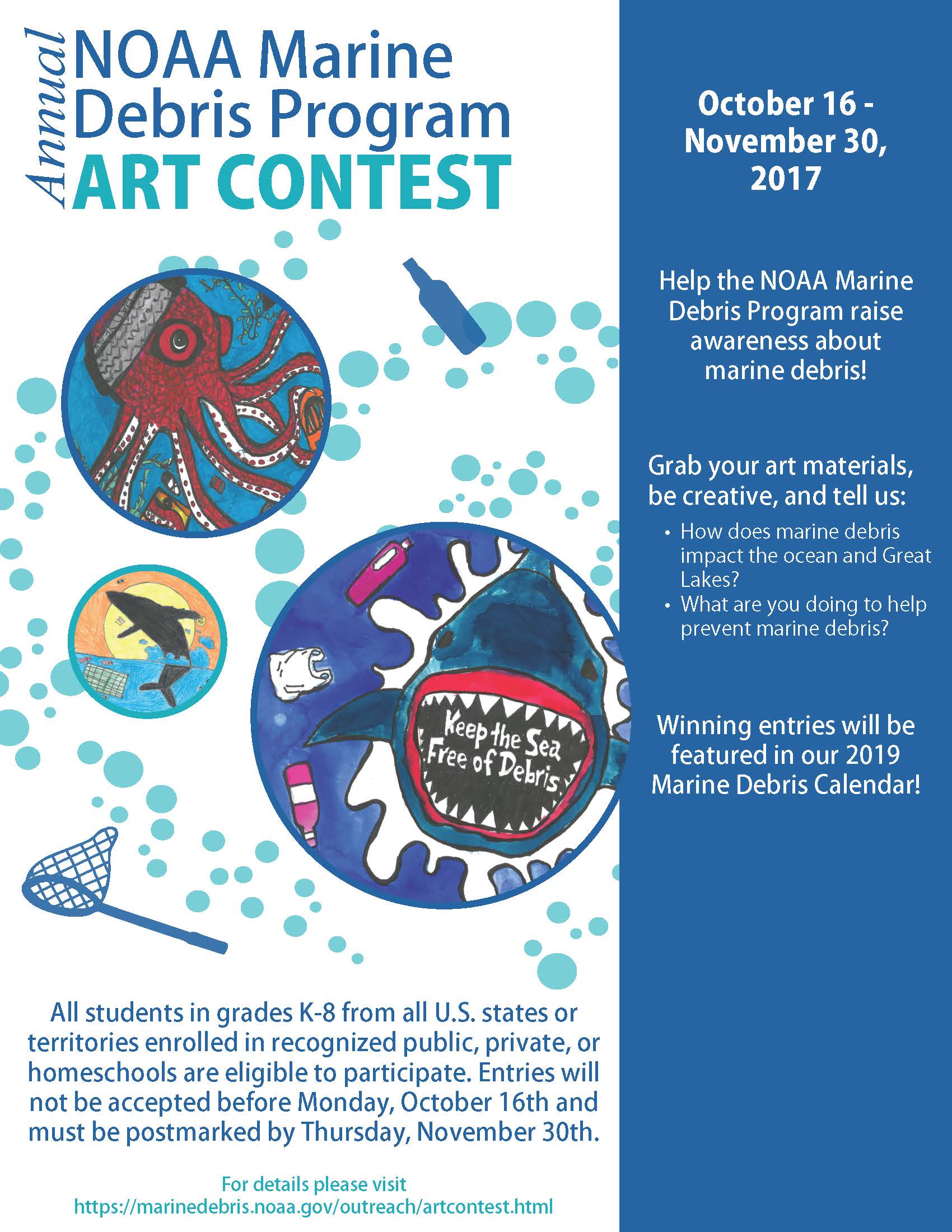
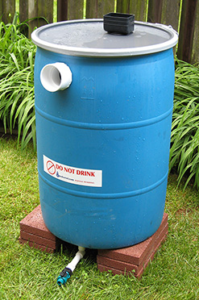
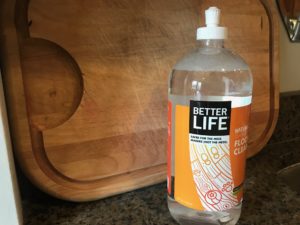 My mom is coming next week so it’s time to get serious with the floors. This stuff is magic on hardwoods and even helped get rid of some scuffs from the move (when I switched furniture six or seven times) and my dog’s paw prints. The company is based in Missouri and founded by some folks that realized floors should be clean once they had kids. They’re so right. Even though my kids aren’t crawling I’m less miserable playing on the floor with them. Join their mailing list for good deals. It’s so worth it.
My mom is coming next week so it’s time to get serious with the floors. This stuff is magic on hardwoods and even helped get rid of some scuffs from the move (when I switched furniture six or seven times) and my dog’s paw prints. The company is based in Missouri and founded by some folks that realized floors should be clean once they had kids. They’re so right. Even though my kids aren’t crawling I’m less miserable playing on the floor with them. Join their mailing list for good deals. It’s so worth it.

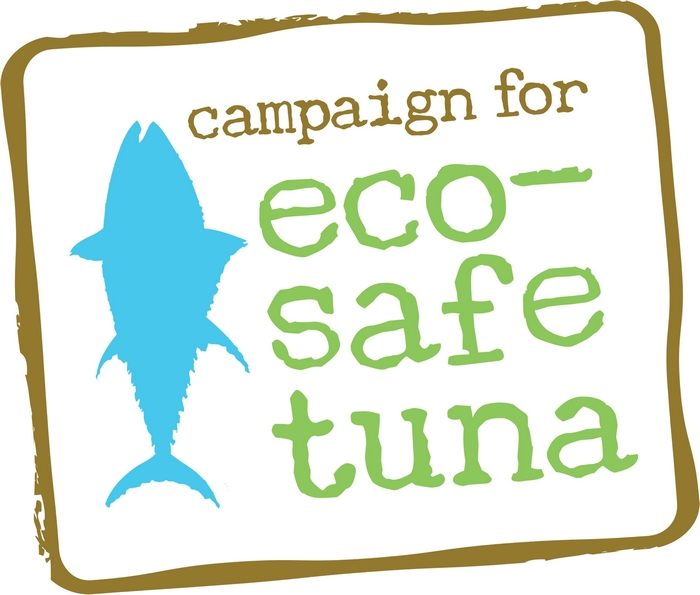


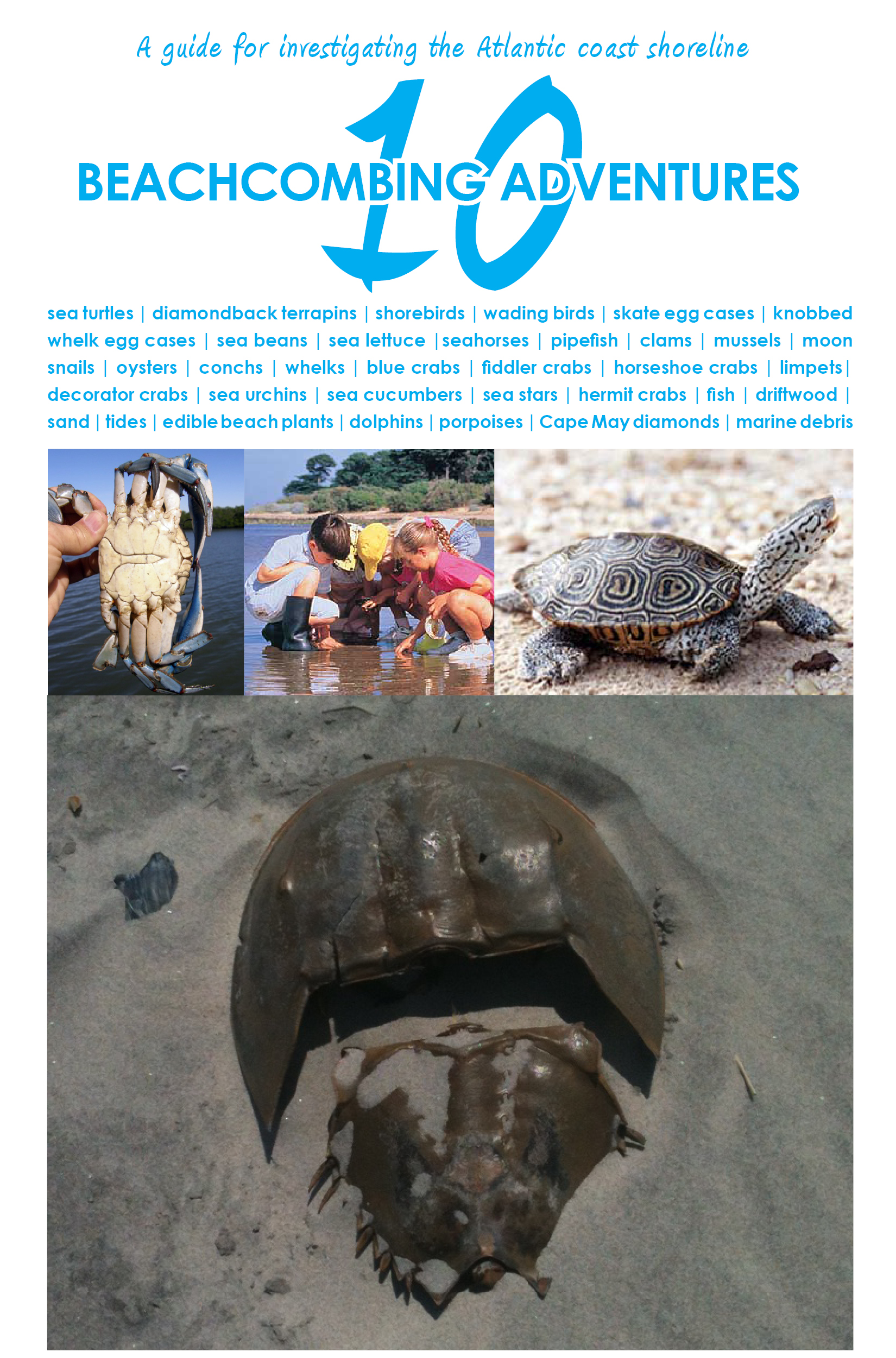
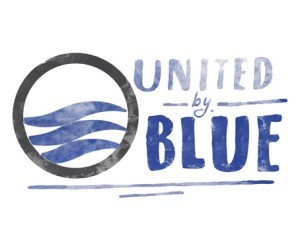
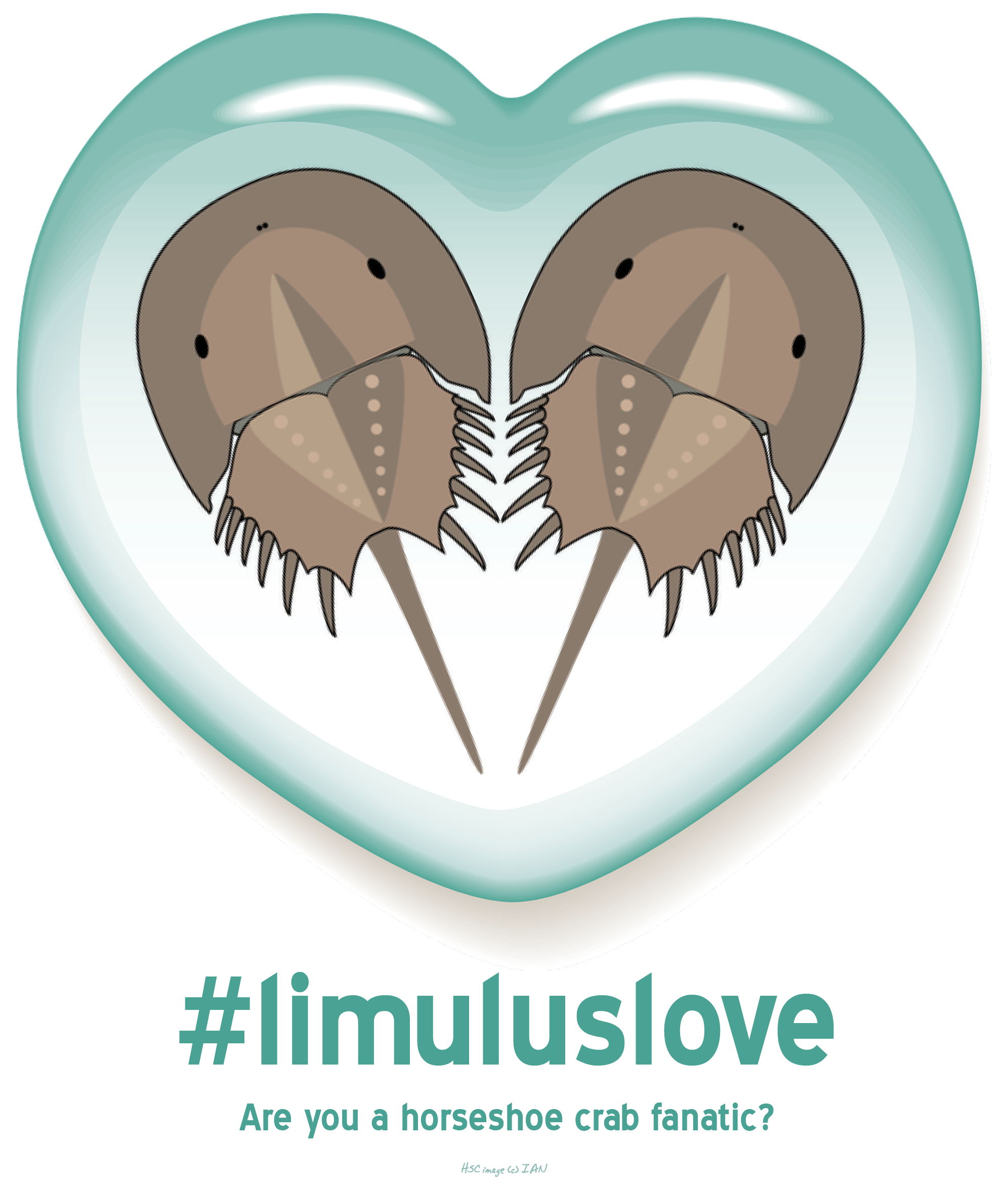
What people are saying …